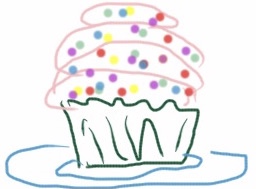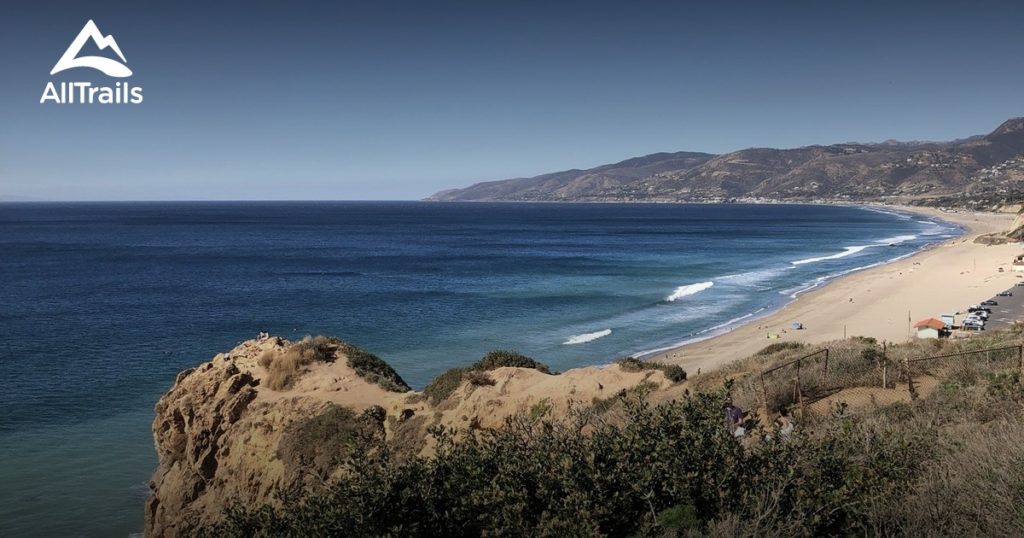I let my imagination run for this week’s story. “Me and Bobby McGee” is one of my favorite songs. Lyrics that tell a touching story, a lost love.
I don’t usually write in first person POV. I find it challenging. I hope you enjoy it. And don’t forget you can sign for my weekly newsletter here.
She Called Me Bobby McGee
Bob Gillen
Hey, all. My name is Robert McGee. I am a writer, a husband, a dad to two girls. My wife and I live in Carmel on California’s Central Coast. Our two girls attended Stanford and now work in high tech in the Bay Area.
Oh, and yeah, you may be wondering. Yes, I’m also that Bobby McGee. I hate the name Bobby. She labelled me with it when we met in the summer of ’69. A lot of water under the bridge since then. Let me tell you about it.
I met her in West Virginia. We were both aimless. Searching. Ready for something. Anything. She was hell bent on going to Woodstock that summer. I talked her out of it. Thousands of people just like us, I told her. Who needs that? We need to see something new. Move. Grow.
I had read Steinbeck’s Travels With Charley. I got the travel bug. I wanted to do what he did. Drive cross country, meeting different people, seeing things I had never seen before. My dream was to get to the Pacific Ocean. I grew up in Appalachia. Never got near an ocean.
She gave in after a lot of arguing. Cars, buses, trains were beyond our budget. We hitched a ride on a big rig heading west. We grabbed rides from any trucker who would take us. It took a while. Trucks go where the work is. Not necessarily where we wanted to go.
It took us over two weeks to get to California. Kentucky, Arkansas, Oklahoma, Texas, New Mexico. I have to tell you, she was a kick. She sang and played the harmonica every minute she wasn’t sleeping. The drivers welcomed the music. It kept them entertained on the long trips without having to engage in conversations.
The first three days of our trip we cruised through a slate-gray rain. Finally saw sunshine somewhere in Arkansas. I spent a lot of hours looking out at the passing scenery. We moved from forests and piney woods through arid grassland to desert and finally tall palms.
Somewhere in Texas we got to a huge truck stop. She and I got work washing dishes and clearing tables for a few days. Long enough to put a few bucks in our pockets. Long enough to find a shower. By the time we reached California we had been wearing the same clothes for the entire trip, with only the one shower. Man, were we ripe. But the truckers didn’t mind. Made them feel clean, compared to us.
She sang and she slept. She would lean her head on my shoulder and be asleep instantly. Those were good moments. The most intimate we got on the trip. We were always with a trucker in his cab, or always looking for our next ride. No chance for anything more.
We hit California outside of LA, and then rode north. On the way she and I had decided we would go to San Francisco. Not so much to catch the hippie scene. Mostly to see if we could get some decent jobs.
We reached the central farmlands. The Salinas Valley. Steinbeck country. Lettuce everywhere. Spinach and tomatoes. Trucks and trains loaded with crates of produce headed for all corners of the US.
We hung out in Salinas for a few days. You know, for all the singing and good times we had driving with the truckers, for all the plans we shared, I think she was lonely. Alone. Before we reached Salinas, she spent her last few dollars on a fifth of bourbon. Passed the bottle to the trucker but he said no. He would lose his job if he got busted for booze. Up until then she and I had only smoked grass. If I think about it now, she had grown up in the country while yearning for the city. For crowds. For density. For excitement.
We parted ways in Salinas. I never said goodbye. We separated for a day to find work. I met a guy who said he knew a guy who ran a diner in Monterey. I hitched a ride there with him. Steinbeck had only died the year before, at his home in Sag Harbor, New York. I could feel his presence, though, in Monterey. I felt like I was walking alongside him. Talking to Ed Ricketts. Seeing the characters from Cannery Row. Lee Chong. Mack, Dora.
The guy who drove me dropped me at the ocean’s edge. It was glorious. I will never forget that day. The smell of salt air. The wind tousling my long ponytail. The sun warm on my face. The sound of sea lions barking from the rocks. I found a sandy beach. Dug my bare feet into the hot sand. Cooled them at the water’s edge. Picked up a shell for the first time.
I felt at home. This was where I wanted to be.
Up till that moment I had only had the travel urge. Now that I was in Monterey, where Steinbeck did much of his writing, I realized I wanted to write. Funny, because up till then I had done very little with my life. Met relatively few people. Had limited experiences.
And here I was, walking away from a girl I had shared life and dreams with, if only for less than a month. I gave little thought to her after that day. I know the song says she let me drift away. It was more like, I walked away and never looked back.
I did not learn till a few years later than she had died the year following our separation, 1970. A heroine overdose. In New York. The big city she yearned for. I also learned that she had written that song about us. “Me and Bobby McGee.” The song was a big hit for her, but only after she was dead.
I don’t know how she ended up back on the east coast. I left her in the middle of nowhere. Ranches and farms. Beautiful country, but hard for a stranger.
I wasn’t surprised she had performed a hit song. All the way across country she sang along with the truck drivers. Sang their music. Sang stuff they didn’t know. Played a mean harmonica too. Maybe she was the stereotypical Southern kid growing up playing music on the front porch.
If I had to guess, I’d say she made it to San Francisco from Salinas. Maybe sang backup for groups at the Fillmore West. Got noticed, and someone whisked her back to New York to record. Only a guess.
She’s long gone now. I have no idea if the two of us would have made a life together. Not likely. Too much shit going on in each of our lives to know where we were headed.
In Monterey I got a job washing dishes in a small diner. Found a cheap place to live. I bought pencils and pads, and started writing. Like Ray Bradbury, I wrote dozens of short stories. Sent them off to publishers. After two years of rejections, I got a story in one small publication. Paid me ten dollars. But I was king of the world for months.
Now, over fifty years later, I live in Carmel, near Monterey. I walk the beach barefoot every morning, rain or shine. I have twenty-eight novels to my name, mostly mysteries, all with reputable publishers. I go by Robert McGee now. No one calls me Bobby. Few connect me with the song. With her.
There’s one story I have never written. Her story. Where she came from. Where she went when I left her. How she ended up dead.
Others have put her story to words. I haven’t read any of it.
But, I have to tell you, I have never forgotten her.
***


Recent Comments